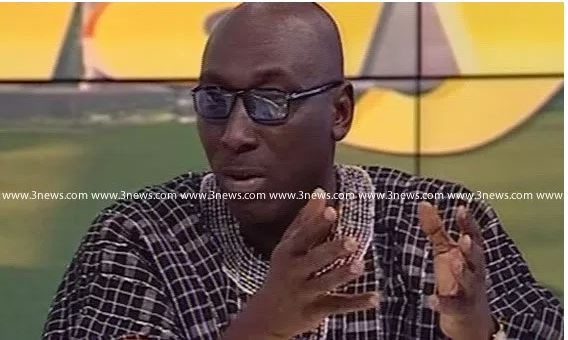Director of Legal Affairs of the National Democratic Congress (NDC) Abraham Amaliba has said the position of the two justices of the Supreme Court who dissented in the matter of the Assin North Member of Parliament (MP), is the correct interpretation of the law.
The Supreme Court by a majority decision of 5-2 on Wednesday, April 13, 2022, ordered Mr Gyekye Quayson to stop holding himself as a lawmaker.
Justices Agnes Dordzie and Nene Amegatcher dissented while Prof. Henrietta Mensah Bonsu, Mariama Owusu, Gertrude Torkornoo, and Emmanuel Yonny Kulendi voted in favour.
A Cape Coast High Court, presided over by Justice Coram Kwasi Boakye, had earlier ruled that Mr Gyakye Quayson was not eligible to contest the December 7, 2020, Parliamentary Elections because he bore dual citizenship before picking nomination forms from the Electoral Commission, Ghana (EC).
Fresh elections were, as a result, ordered to be conducted while Mr Gyakye Quayson was asked to cease holding himself as MP.
But, until the Supreme Court ruling, the man accused of having Canadian and Ghanaian citizenship was allegedly going to Parliament to join in proceedings.
Speaking on tis matter on the Key Point with host Dzifa Bampoh on TV3 Saturday April 16, Mr Amaliba said “The two judges who dissented their opinion, for me, is the correct position of the law. If there is a subsisting judgement you don’t go to the Supreme Court, asking the Supreme Court to as it were, enforce it and that because this is an election petition matter you don’t clothe it in an interpretative issue and send it to the Supreme Court.
“For Parliamentary petitions it ends at the Court of Appeal and you saw the two judges make mention of this and I think that their position is the correct.”
For his part, MP for Asante-Akim North, Andy Kwame Appiah-Kubi, said Mr Gyekye Quayson should have respected the High Court ruling that annulled his election to Parliament.
He explained that when a judgment is given by any court, the parties ought to respect that it even if they disagree, unless an action is taken to set aside that decision of the court.
“If I had the opportunity to explain my strategy, I would have gone to the Supreme Court first for interpretation and consequential orders and that would have ended it all. Counsel for the petitioner decided to start from the High Court for the elections to be annulled and consequential orders made, all is the arrive at the same point.
“Quayson was adjudged not qualified to to have applied to come to Parliament , that was the ruling of the High Court. When a decision of the High Court is made like that and that decision is not set aside, that decision ought to be respected by all parties, even through you may think the decision is wrong it is not within your remit to undermine the the orders.”
By Laud Nartey|3news.com|Ghana


